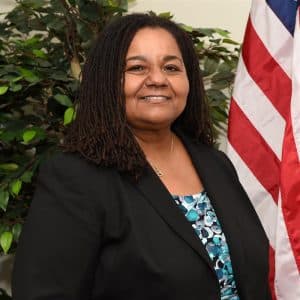#iNACOL16 Day One Learnings on the Run
CompetencyWorks Blog

As you wander the huge halls of the San Antonio Convention Center, you can’t help but bump into old friends, people you wanted to meet, or people you didn’t even realize you need to meet. And each conversation has at least one “AH-HA” that moves understanding forward, deeper, or into altogether new directions.
How Districts Can Use Competency-Based Education Infrastructure Enables More Autonomy and Creativity in School Design: I was thrilled to bump into Renee Hill, Assistant Superintendent at Riverside Public Schools in California. They’ve been moving toward personalization with the assumption that schools need autonomy and room for creativity (as compared to a district model that is implemented in all schools). They are now putting into place the infrastructure of a shared vision of a portrait of a graduate from Riverside and beginning to build the set of competencies/standards that will be shared graduation expectations. Eventually, they will have an infrastructure that will enable school autonomy balanced with a system of accountability to ensure students are making progress and reaching proficiency.

Moving from Negotiated Alignment to Systemic Alignment: I also had the opportunity to meet Andrea Mulkey, National Director of Early College at KnowledgeWorks. We had an interesting conversation about how early college programs have always had to figure out how to align secondary and post-secondary expectations. However, instead of a defined set of competencies and standards, they’ve done it through well-developed relationships and negotiations.
This got me thinking – we need to get to the point where districts aren’t creating graduation expectations in isolation but actually developing them with colleges. This is going to be one of the key pieces of system-building. With our strong commitment to local control, I’ve been worried that variability in district graduation expectations will continue to be a problem. But it’s not a problem if we set the expectation that institutions of higher education have to sign off on how districts define what it means to be college ready. Think about it – colleges are going to want to set the same set of expectations across multiple districts.
I’m heading into the Competency Education Leadership Forum. Chris Rush from New Classrooms is co-facilitating. I’m not sure where we will end up in terms of which problems of practice we’ll discuss – student agency, embedding accountability, meeting kids where they are, proficiency-based diplomas, and supporting teachings in the transition were all high interest topics!